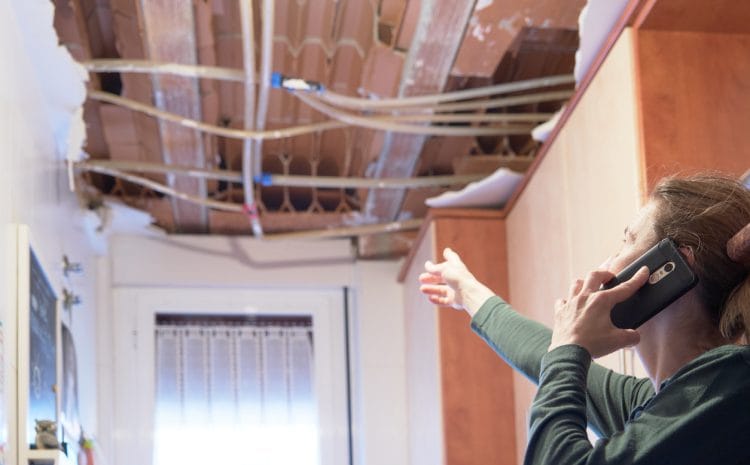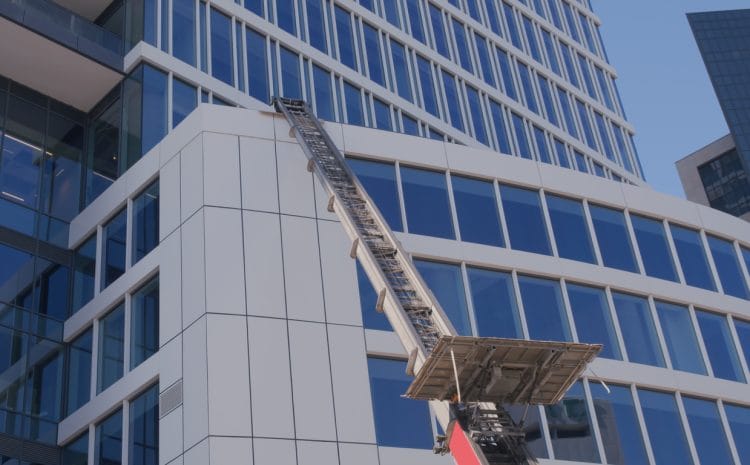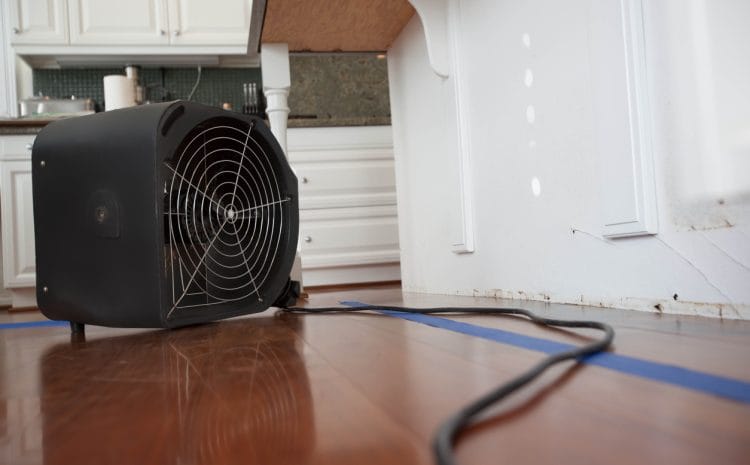Property Damage Claims in Florida: Avoid Costly Mistakes and Delays

Florida homeowners and business owners are no strangers to property damage. From hurricanes and floods to fires and mold, property damage is a common occurrence in the Sunshine State. Filing property damage claims in Florida can be a daunting process, especially if you’re not familiar with the procedures or your policy’s fine print. Mistakes and delays can cost you time and money, potentially reducing the amount of compensation you receive. At 411 Claims Help, we’re committed to helping policyholders navigate the complexities of insurance claims and avoid costly errors.
This blog will provide you with essential tips to handle property damage claims in Florida, ensuring you receive the compensation you deserve without unnecessary delays or complications.
Understanding Property Damage Claims in Florida
What Are Property Damage Claims?
Property damage claims are requests made to your insurance company for financial compensation to cover losses or repairs caused by unforeseen events. In Florida, common causes of property damage include:
– Hurricanes and tropical storms
– Flooding
– Fires
– Mold infestations
– Plumbing leaks
– Wind and hail damage
The process of filing property damage claims in Florida involves documenting the damage, understanding your policy coverage, and negotiating with your insurer to secure a fair settlement.
The Importance of Timely Filing
In Florida, time is of the essence when it comes to property damage claims. Insurance policies often include deadlines for reporting damage and filing claims. Delaying your claim can result in complications, including denial or reduced compensation.
Common Mistakes to Avoid When Filing Property Damage Claims
Failing to Document the Damage Thoroughly
One of the most critical steps in filing property damage claims in Florida is documenting the damage. Inadequate or incomplete documentation can weaken your claim. To avoid this mistake:
– Take clear photographs and videos of the damage from multiple angles.
– Include timestamps to prove when the damage occurred.
– Retain damaged items as evidence if possible.
Not Understanding Your Policy
Insurance policies can be complex and filled with jargon. Failing to understand your coverage can lead to denied or underpaid claims. Take the time to:
– Review your policy’s terms, conditions, and exclusions.
– Check for additional coverages, such as windstorm or flood insurance.
– Consult a professional if you’re unsure about any aspect of your policy.
Attempting DIY Repairs Before Inspection
While it’s essential to mitigate further damage, making extensive repairs before the insurance adjuster inspects the property can harm your claim. Only take emergency measures, such as tarping a roof or shutting off water, and document these actions.
Accepting the First Settlement Offer
Insurance companies often present initial settlement offers that may not fully cover your losses. Accepting these offers without question can leave you undercompensated. A public adjuster can negotiate on your behalf to secure a fair payout.
Not Hiring a Public Adjuster
Navigating property damage claims in Florida on your own can be challenging. Public adjusters are licensed professionals who work exclusively for policyholders, not insurance companies. Their expertise ensures you’re not shortchanged during the claims process.
Steps to File a Successful Property Damage Claim
Step 1: Report the Damage Promptly
Notify your insurance company as soon as possible after discovering property damage. Provide them with basic information, including:
– Date and cause of the damage
– A brief description of the affected areas
– Any immediate actions taken to prevent further loss
Step 2: Document Everything
Comprehensive documentation is essential for a strong claim. Be sure to:
– Take photos and videos of all visible damage.
– Create an inventory of damaged items, including their approximate value.
– Retain receipts for temporary repairs or mitigation efforts.
Step 3: Schedule an Inspection
Your insurance company will likely send an adjuster to assess the damage. Be present during the inspection to:
– Point out all areas of damage.
– Provide documentation, such as photos and repair estimates.
– Answer any questions the adjuster may have.
Step 4: Consult a Public Adjuster
Hiring a public adjuster ensures your interests are represented during the claims process. They can:
– Review your insurance policy for coverage details.
– Conduct a thorough assessment of the damage.
– Negotiate with the insurance company to secure a fair settlement.
Step 5: Review and Accept the Settlement
Once your insurance company offers a settlement, carefully review the terms. Consult your public adjuster or attorney to ensure the offer adequately covers your losses before accepting it.
How 411 Claims Help Can Support Your Claim
At 411 Claims Help, we specialize in assisting policyholders with property damage claims in Florida. Our extensive network of public adjusters, attorneys, and restoration experts ensures your claim is handled professionally and efficiently.
Our Services Include:
– Damage Assessment: Comprehensive inspections to document and quantify losses.
– Claim Preparation: Assistance with compiling all necessary evidence and paperwork.
– Negotiation: Advocacy to maximize your settlement.
– Dispute Resolution: Support in case of claim denials or underpayments.
The Role of Emergency Mitigation and Restoration Experts
In the aftermath of property damage, emergency mitigation and restoration experts play a vital role. They help:
– Prevent further damage by securing the property.
– Remove hazards, such as water or mold.
– Restore the property to its pre-damage condition
411 Claims Help works closely with trusted mitigation and restoration professionals to ensure a seamless recovery process for our clients.
Real-Life Success Stories
Hurricane Damage
A Florida homeowner suffered extensive roof and water damage after a hurricane. Initially offered a settlement that barely covered repair costs, they turned to 411 Claims Help. Our public adjusters increased their payout by 50%, covering all restoration expenses.
Fire Damage Recovery
A small business owner faced significant losses after a fire destroyed part of their property. By partnering with 411 Claims Help, they received a fair settlement that covered reconstruction and business interruption costs.
Mold Infestation
A family struggling with a persistent mold issue had their claim denied due to alleged policy exclusions. 411 Claims Help successfully appealed the decision, securing coverage for remediation and repairs.
Avoiding Delays in the Claims Process
Delays in handling property damage claims in Florida can be frustrating and costly. To avoid common delays:
– Provide Complete Documentation: Missing information can stall the process.
– Follow Up Regularly: Stay in touch with your insurer and public adjuster to keep the claim moving.
– Address Disputes Promptly: Resolve any disagreements with your insurance company as soon as possible.
Preventative Measures to Minimize Property Damage
While you can’t prevent all types of property damage, taking proactive steps can reduce your risk:
– Install Storm Shutters: Protect windows and doors from hurricane-force winds.
– Maintain Your Roof: Regular inspections and repairs can prevent leaks and structural issues.
– Upgrade Plumbing Systems: Reduce the risk of water damage by replacing old pipes.
– Invest in Flood Barriers: Protect your property from rising waters.
Conclusion
Filing property damage claims in Florida doesn’t have to be a stressful or overwhelming process. By avoiding common mistakes, documenting your damage thoroughly, and enlisting the help of professionals like 411 Claims Help, you can secure the compensation you deserve. Our team of public adjusters, attorneys, and restoration experts is dedicated to guiding you every step of the way.
Don’t let property damage derail your life or business. Trust 411 Claims Help to handle your claim with expertise and care, ensuring a smooth and successful resolution.



